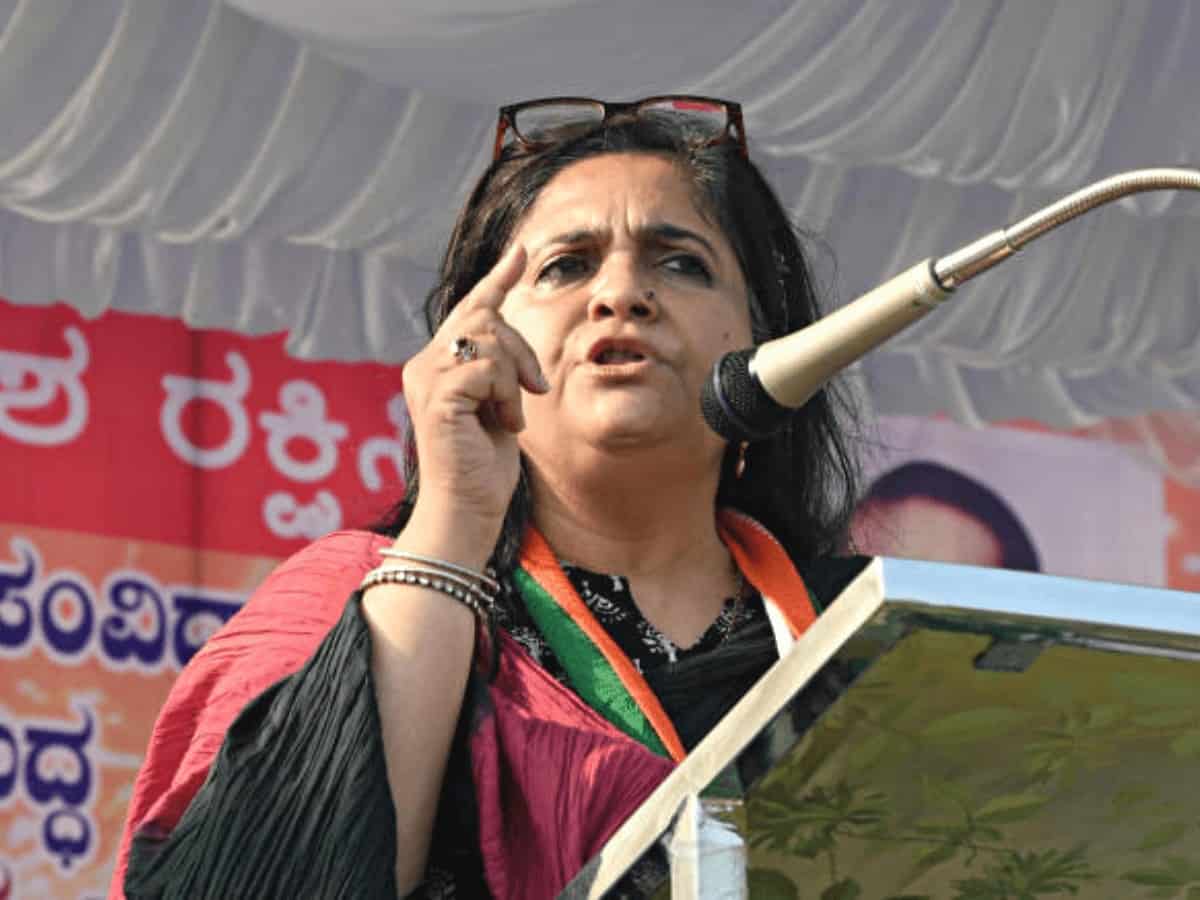
Indian civil rights activist and journalist Teesta Setalvad who was released on bail on September 3, revealed that the Gujarat anti-terrorist squad who had come to arrest her, illegally, on June 23, stormed her bedroom, and struck her leaving her with bruises for days.
In an interview with journalist Karan Thapar for The Wire, Teesta while narrating her ordeal of arrest stated that the Gujarat anti terror squad (ATS) attempted to mislead her during the arrest.
“They wanted to take me directly to Gujarat, without involving the jurisdictional police of Santacruz (Bombay). They confiscated my phone without a punchnama, which is illegal. Further, one male and one female officer struck me and I had a bruise for days on my left elbow,” said Teesta.
Teesta further said that aside from offering no explanation for their behaviour, the ATS officials further tried to mislead her into coming with them.
Teesta stated that she gathered the courage to fight the ATS and demanded to be taken to the Santacruz police station where she lodged a complaint against the ATS officials for their unruly behaviour.
Taken to Gujurat by road, Teesta, was lodged at the Mahila jail in Sabarmati for a period of two months before she was bailed last month.
Time in Jail
Lodged in Barrack 6 of the Mahila jail in Sabarmati along with 24 women and around seven children, Teesta remarked that the convicted prisoners were made to clean the washrooms, cook and work at a stretch for 12 hours a day for Rs 3000 a day.
“The real battle I was confronted with was in my attempts to keep the study centre at Sabarmati open so that I could take some time off to go and just read by myself. But the prison staff kept telling me that they were understaffed and hence the centre was shut,” Teesta added.
Teesta further says that the only thing which kept her going was her access to information and knowing that her organisations were working on the various projects in India. “It can be depressing,” she also says “I would break into tears but one has to keep going.”
Teesta also spoke about how most of the undertrials were Dalit, Tribal, and Muslim women at Sabarmati jail. She concluded her interview by speaking about how on the 75th year of Independence, there was no celebration whatsoever in the jail.
“There were 17 women who have been up for remission list since 2017. They wept when Bilkis Bano’s prisoners were released while they still struggled in jail,” she remarked.
The whole interview can be accessed here.



